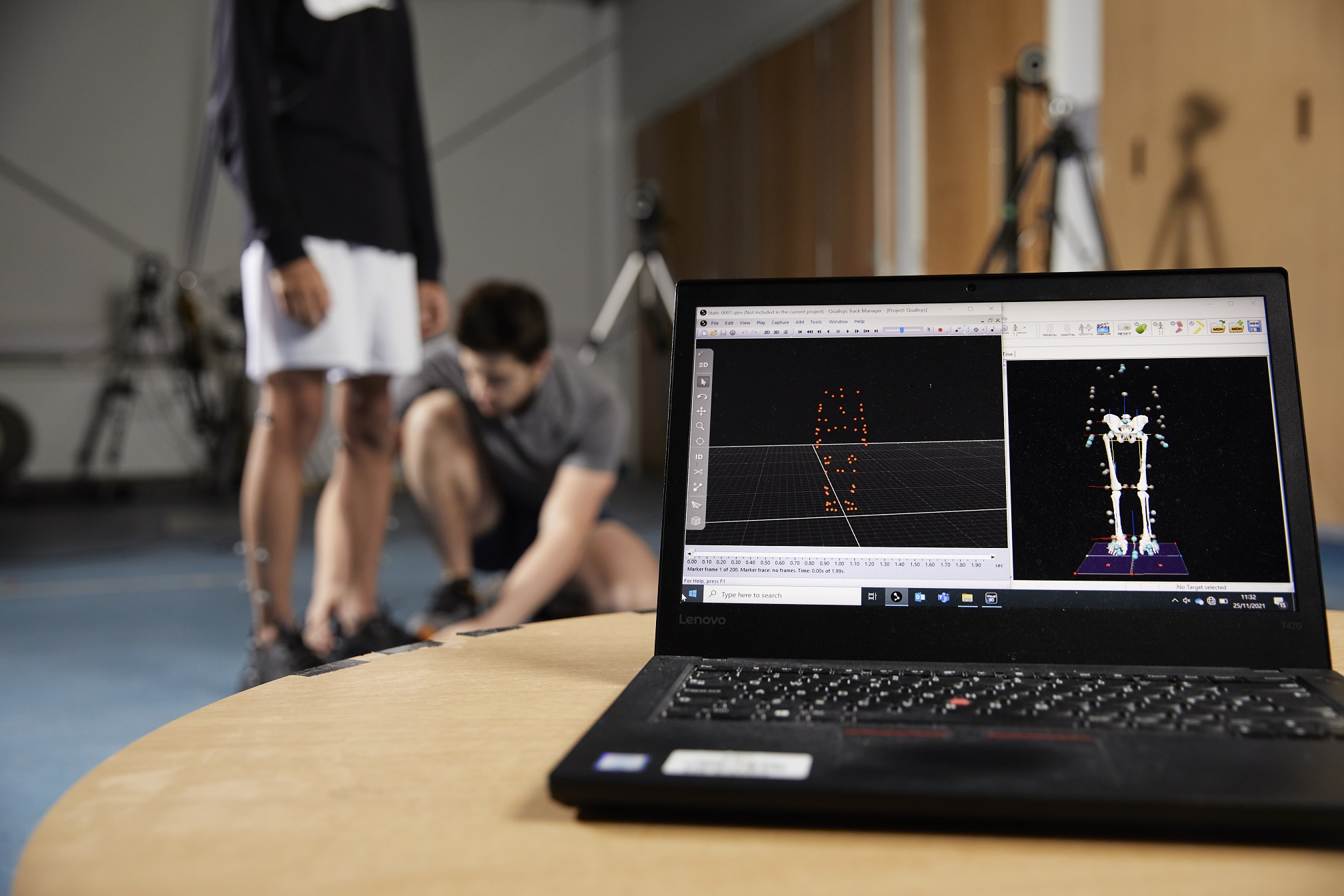Poor management of asthma affects quality of life of patients, causes excessive financial burden on health services, and results in lost productivity. Respiratory viral infections also cause significant morbidity and mortality each year. Especially during the 2009 H1N1 swine flu pandemic in Scotland, asthma was the most common co-morbidity stated. The airway epithelium is the first defence barrier against exogenous respirable particles and pathogens, including influenza virus, which causes asthma exacerbations. The airway epithelium of asthma patients undergoes structural changes as part of airway remodelling, which combined with functional abnormalities contribute to asthma pathophysiology. Epigenetic factors in particular play important in asthma pathogenesis.
This is an exciting 3 year full time opportunity for a motivated and talented Post-doctoral researcher to join Dr Moheimani's team. We have recently shown that specific epigenetics factors (microRNAs) and their targets play essential roles in airway epithelial inflammatory responses and remodelling after influenza infection in asthma patients. The focus of this exciting project is to detect the overall alterations as well as more targeted approaches of microRNAs and their functions in airway epithelial cells of asthma patients after influenza infection, to be able to offer more effective therapeutic targets. This project will involve working with a collaborative team of researchers and clinicians at Manchester Metropolitan University, Northern Care Alliance NHS Foundation Trust, University of Hull, University of Liverpool, and other national and international collaborators.
The Role:
We are seeking a motivated Post-doctoral Researcher to join a multi-institutional team under the leadership of Dr Fatemeh Moheimani. This project involves physiological relevant epithelial cell culture techniques, and respiratory viral infections, epigenomics, and more specific approaches for potential targets in airway epithelial cells of asthma patients combined with confirmation of outcomes in patients' lung tissue.
The ideal candidate will be comfortable with liaising with clinicians and academics as well as traveling to other institutions to manage, monitor and obtain patients' samples required for the project and will be working in laboratory setting (ex vivo) with interest in learning new techniques and computational data analysis. Trainings will be provided by the PI and collaborators on campus or in other institutions. Experience in cell culture, molecular and cell biology, respiratory viral infection models (at least two of these) is required. Knowledge of respiratory system and diseases, airway epithelia cells and their culture models, epigenetic regulatory mechanisms would be an advantage.
Essential skills
- Research experience in cell and molecular biology, as it pertains to the pathogenesis of respiratory diseases
- Experience in cell culture techniques
- Demonstrated experience in relevant laboratory techniques, such as immunohistochemistry, immunoprecipitation and western blotting, real-time PCR, Cloning and transfection.
- Ability to plan and manage own research project
- Proactive attitude and drive
- Strong communication skills and the ability to work effectively as part of a multi-institutional team
- Attention to detail and ability to multi-task
- Excellent analytical skills
- Experience in writing scientific manuscripts
- Experience presenting ideas and findings
- IT proficiency, including competency in MS office software and Endnote
Desirable skills
- Experience with isolation and characterisation of cells from human lung tissue as well as immortalised cell cultures
- Experience in respiratory viral infection models or microbiology techniques
- Experience in siRNA and microRNA mediated regulation of gene expression
- Experience and proficiency in statistical analysis and interest in bioinformatics or big data analysis
- Publication in peer-reviewed journals relevant to the field
While traveling to different institution locally or nationally will be required to obtain samples is required, the successful candidate will work within the Department of Life Sciences, which provides state of the art research facilities located newly refurbished laboratories. The Faculty of Science and Engineering is an exciting and dynamic environment in which to conduct cutting edge research.
Qualification we require:
Hold a PhD degree in biological science, molecular biology, microbiology, virology, or relevant area.
To Apply:
Please submit your CV, Cover Letter and a clear statement that addresses how you meet essential and desirable criteria.
For an informal discussion, please contact; Dr Fatemeh Moheimani (f.moheimani@mmu.ac.uk).
Manchester Metropolitan University is committed to supporting the rights, responsibilities, dignity, health and wellbeing of staff and students through our commitment to equality, diversity and inclusion.
We promote applications from all sections of the community, irrespective of background, belief or identity, recognising the benefits that a diverse organisation can bring . We particularly encourage applications from Black and Minority Ethnic candidates, who we recognise are underrepresented in this area
Details
- Location:Manchester All Saints Campus
- Faculty / Function:Science & Engineering
- Salary:Grade 7 (£34,866 to £39,105)
- Closing Date:25 November 2024
- Contract Type:fixed term
- Contracted Hours per week:35

